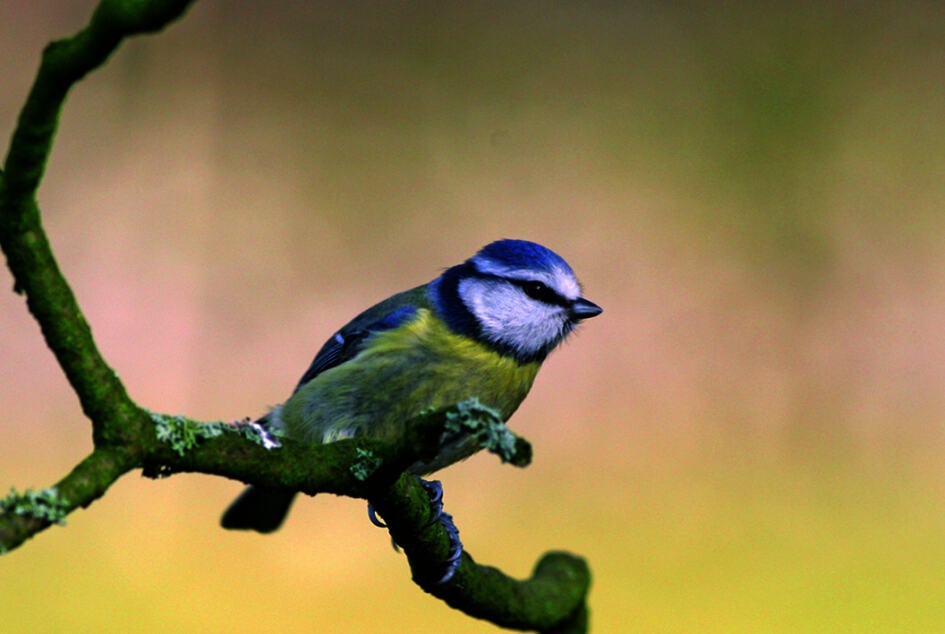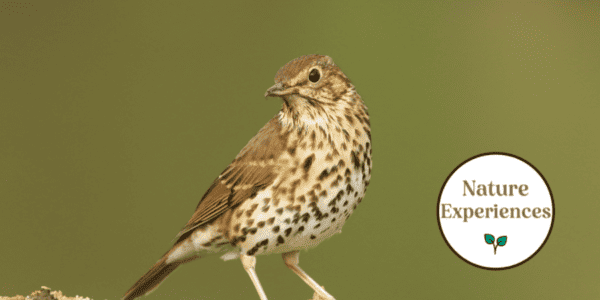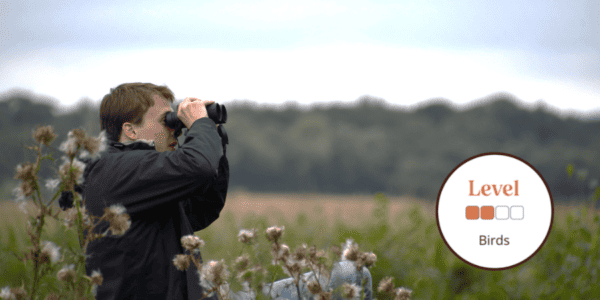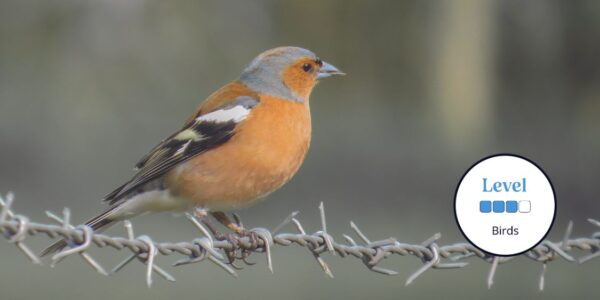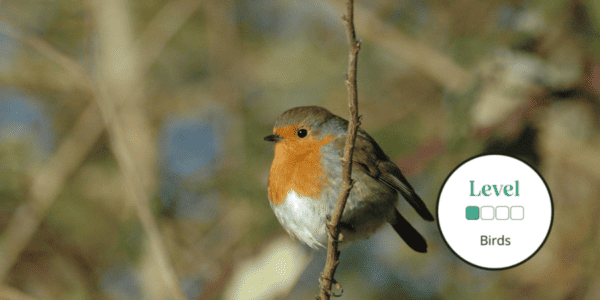This beginner bird course provides a gentle introduction, covering aspects of common bird biology, ecology and behaviour.
An engaging course to introduce novices to our feathered neighbours in nature; learners will appreciate the basic biology of a bird and how that model has been illimitably adapted!
What will be covered during this course?
- An introduction to bird biology
- An introduction to bird ecology
- An overview of common garden birds encountered
- An overview of bird calls and songs (season dependent)
- Please note that this course is NOT a species identification course.
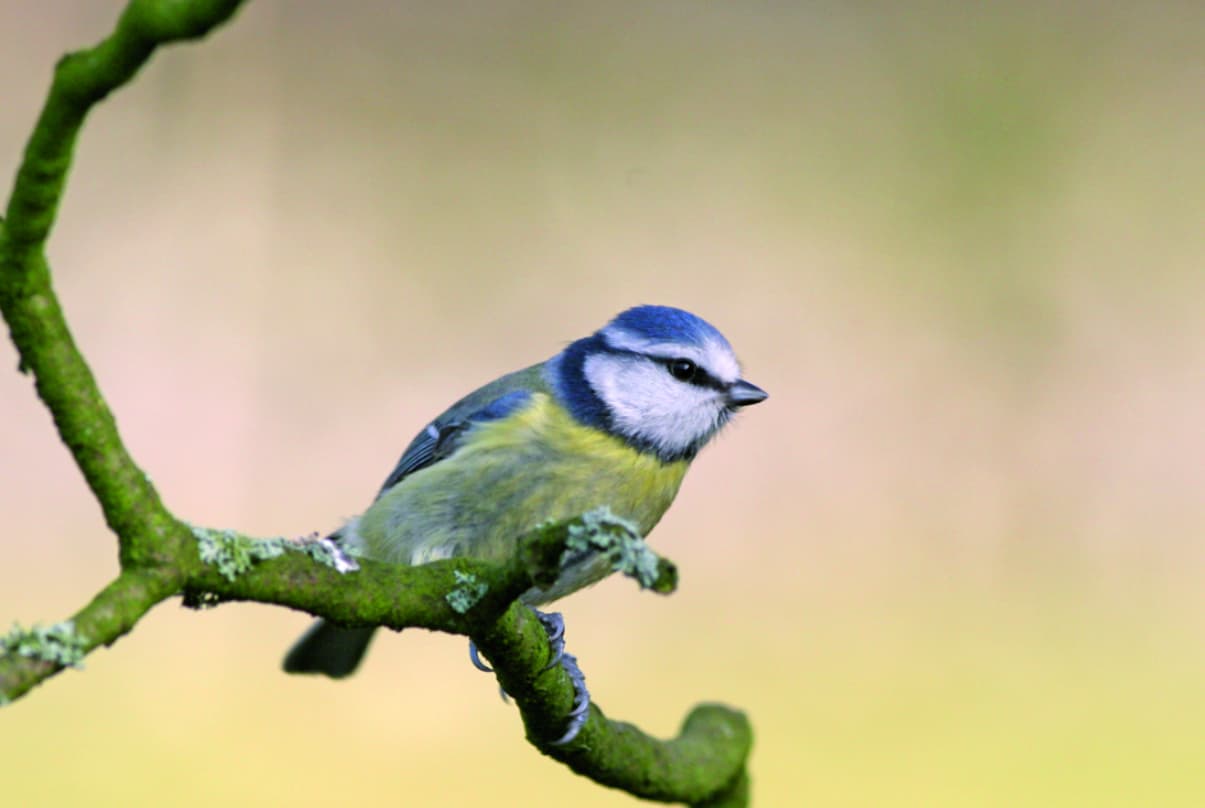
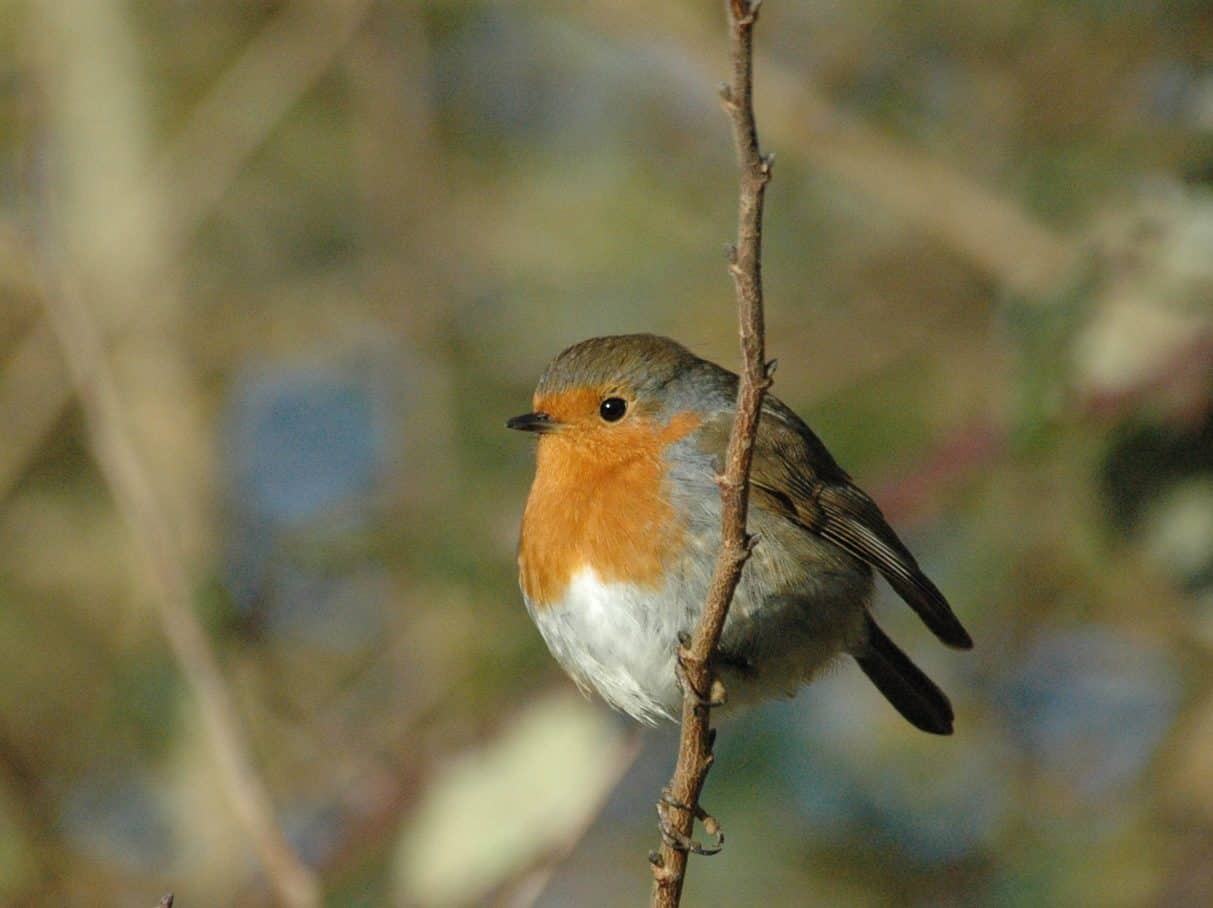
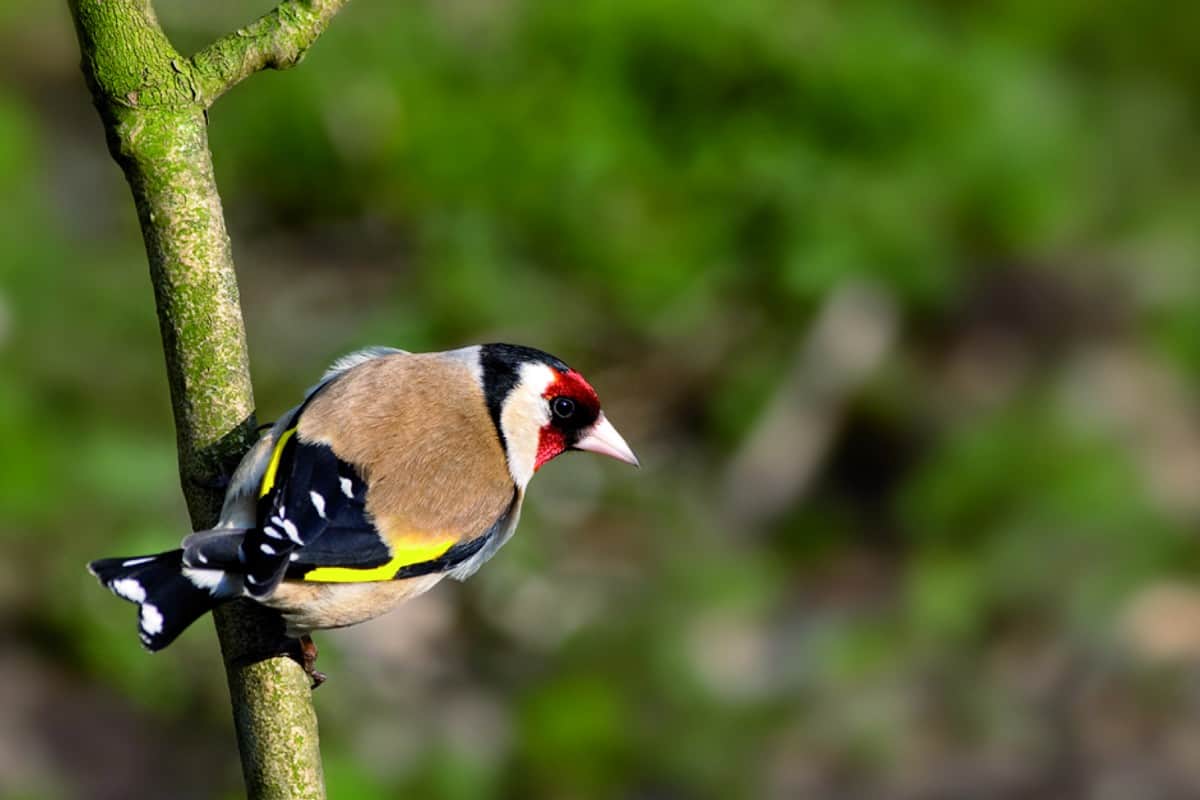
Read More
Even in an urban environment the variety of species and their distinctive behaviours can be observed and better understood under the guidance of an engaging, experienced expert in the field. There will be ample time to explore your surrounding environment allowing you to spot some species and learn valuable field observational skills as you start out your journey into the birding world.
If you’re interested in finding out more about birds but don’t feel quite ready for a specific field ID course, then this course is for you!
By the end of the course, you will be able to:
- Describe basic bird taxonomy, anatomy, and morphology
- Understand the basics of bird life cycles and behaviour
- Recognise groups of common birds and how they are adapted to their habitat in behaviour and morphology
- Identify several species of commonly encountered birds
- Share this knowledge with friends, family, and fellow volunteers
Who Should Attend? – Nature enthusiasts, students, rangers, early career ecologists, amateur birdwatchers.
Knowledge Level – Beginner. Level descriptors can be found on the following web-page: Framework and Course Level Descriptors
Prior Knowledge – No existing knowledge or experience is needed for this course, just a willingness to explore and learn.
Please Note: There is no accommodation provided with this course.
Bookings will close if course capacity is reached.
Please email [email protected] if you have any questions.
About the Tutor
This course is taught by the following tutors:
Sandy Hill
Sandy worked for the FSC over a decade, teaching at 9 centres in England and Wales. Having recently retired, he’s now exploring more of Pembrokeshire as a keen birder and enthusiastic natural historian. However, he is happiest when able to share his knowledge and love of the environment.
Anne Brenchley
Anne was born and brought up in Kent and has been a keen birdwatcher from a very early age. She was awarded a Zoology degree and a PhD from Aberdeen University (studying Rooks) and went on to spend most of her working career, until 2011, with Natural England and its predecessors. She has been a Regional Rep for the British Trust for Ornithology since 2000 in Flintshire and Wrexham, organising and taking part in surveys and also helping other volunteers. She is also a fully qualified bird ringer and the main author of the Breeding Birds of North Wales published in 2013. Anne is now an independent ecological/horticultural consultant and lead birdwatching/wildlife walks on a weekly basis.
Please see the course details below for which tutor will be teaching your chosen course.
Example Timetable
Example Timetable
**Please note this is a provisional timetable. Plans may change dependent on weather, the Field Centre and group preference.
10:00am - Introductions
10:45am- Classroom session covering Basic Bird Biology:
- Taxonomy
- Anatomy
- Morphology
11:15am - Break and prepare for field session – refreshments not provided
11:30am - Guided walk to do initial observations of birds and identify habitats
12:30pm - Classroom session covering Basic Bird Ecology
- Life cycles
- Diets
- Habitats
- Adaptations
1:00pm - Lunch – not provided
1:45pm - Classroom session covering common garden and parkland bird identification
- Key species
- Identifying features
- Naming the parts of a bird for ID purposes
2:15pm - Guided walk to apply classroom knowledge
4:00pm - Classroom session covering further strategies for common garden and parkland bird identification
- More unusual species
- Bird vocalisations: calls, songs and other sounds
4:30pm - Review learning
- Q&A session
- Multiple Choice quiz/next steps
5:00pm - End of course
What's Included
The course has been carefully created by expert tutors and educators to help you continue to build and develop your knowledge and apply it within the field surrounded by like-minded individuals.
The course includes:
Classroom learning covering the theory of the species
Field excursions to apply new knowledge
Expert tuition for which the Field Studies Council is renowned
Clear objectives and progression
You can rest assured that the absolute best content from an expert in environmental education will be provided. In choosing a Field Studies Council course, you will be joining thousands of people who learn with us each year.
Bursaries and Subsidies
Student Discount
This course is eligible for a student discount. If you are a current student, please use discount code BioStudent20 at checkout for 20% off all Biodiversity courses.
Before You Attend
What to Bring:
- Notebook and pencil
- Camera or phone to capture images if you have one
- Your own refreshments & pack lunch
- Sensible footwear and clothing for being outdoors
- Binoculars (if you have them)
- Bird ID book/guide - our tutor recommends:
There will be a member of staff with first aid training and access to a first aid kit on site. If you have special medical or access requirements, please let us know as soon as possible so we can make any necessary adjustments.
Opportunities to attend this course
This course is not currently available to book. Dates will follow soon.
Sign up to our Email Newsletter
Progress Your Learning
This is a training course from the Field Studies Council, including online course materials, expert tuition and a flexible learning style. After attending this course, you may like to progress your learning with further relevant courses or branch out into other areas of natural history. The Field Studies Council offers both online and in person courses, so you can choose the learning style that suits you best.
The course gives you the opportunity to immerse yourself in a new subject and acquire novel skills. Our online portal gives you time to study at your own pace and fit the lessons around your own schedule.
If you have any questions about our courses please check our Frequently Asked Questions or email [email protected].
Group Bookings Made Easy
If you have a group of 10 or more individuals wanting to complete one of our courses, our team are available to discuss your options – from discounts to private team courses. Click here to find out more!
You can rest assured that the absolute best content from an expert in environmental education will be at your fingertips. In choosing a Field Studies Council course, you will be joining thousands of people who learn with us each year.

